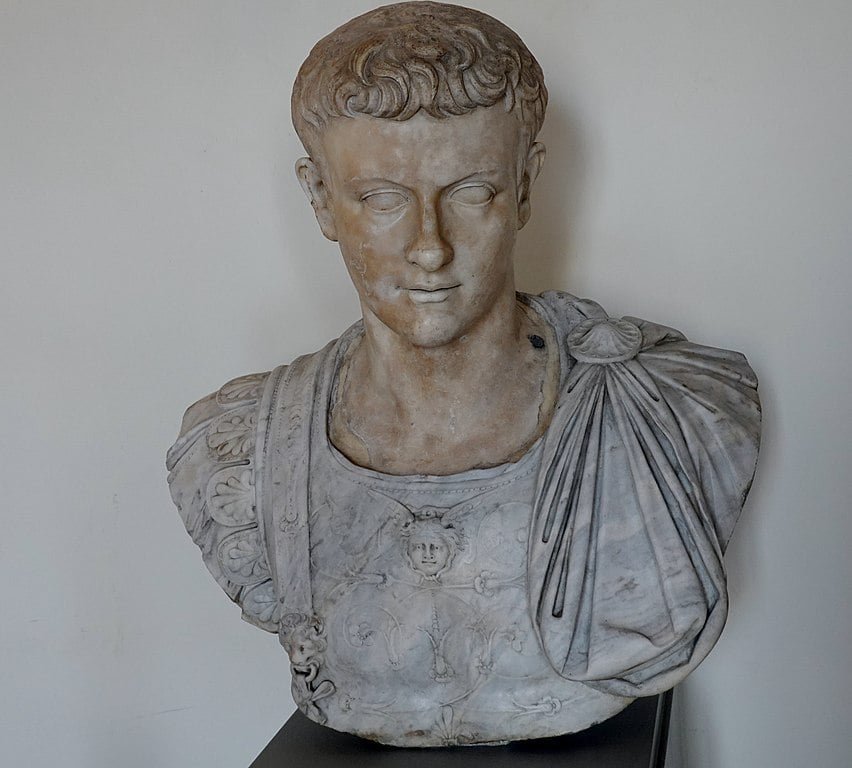
Long remembered for his violent reign and bizarre behavior, Roman Emperor Caligula may have also possessed a surprising degree of medical knowledge, according to a new study.
In a 2025 paper published in the Proceedings of the European Academy of Sciences and Arts, scholars Andrew J. Koh of Yale University and Trevor S. Luke of Florida State University examine a brief episode recorded by the Roman historian Suetonius.
The account describes a Roman senator who traveled to Antikyra (Greek: Αντίκυρα), a Greek town famed for its medicinal remedies, to treat an unknown illness using hellebore, a potent plant used in ancient times to manage or treat seizures, depression, and other conditions.
An execution with medical subtext
When the senator repeatedly asked for extended medical leave, Caligula denied the request and ordered his execution. The emperor reportedly said, “A bloodletting was necessary for one whom hellebore had not benefited in all that time.”
While the statement has long been viewed as cruel, researchers argue it reflects the language and understanding found in Roman medical texts.
They suggest Caligula likely knew how long hellebore typically took to work and may have been familiar with alternative treatments, such as bloodletting, mentioned in the medical writings of Celsus, a Roman author active during the previous emperor’s reign.
Modern research sheds light on ancient remedies
The study, supported by the Yale Ancient Pharmacology Program, combines fieldwork in Modern Greece with close analysis of ancient manuscripts, including the Vienna Dioscorides. Researchers found that hellebore was probably rare even in Antikyra.
The town’s reputation stemmed from specialized herbal mixtures, often combining hellebore with another plant, sesamoides, to reduce toxicity. These remedies helped make Antikyra into a type of center of ancient healing.
According to Koh, it served as a kind of “Mayo Clinic” in the Roman world. Roman elites frequently traveled there for treatmen, and Caligula’s great-great-grandfather, Marcus Livius Drusus, was reportedly cured of epilepsy in Antikyra in 91 BC.
Health fears may have inspired Caligula’s drive for medical knowledge
Researchers believe Caligula’s connection to Antikyra and hellebore was intentional. According to ancient sources, he likely suffered from sleep disorders, seizures, and mental distress—conditions often treated with hellebore.
His interest in medicine may have also been shaped by fear. His father, Germanicus, died under suspicious circumstances, which the family attributed to poisoning.
Critics may have revealed more than intended on Caligula’s medical knowledge
Additional evidence comes from Philo of Alexandria, a philosopher and vocal critic of Caligula. Philo accused Roman Emperor Caligula of misusing healing practices and his medical knowledge for personal gain—an accusation that nonetheless points to his understanding of those practices.
Rather than defending Caligula, the study, “Antikyran hellebore in the time of Caligula,” aims to present a more complete picture. Koh and Luke argue that ancient medicine was not just a science of healing but a political tool—used, interpreted, and sometimes distorted in the turbulent world of Roman power.

